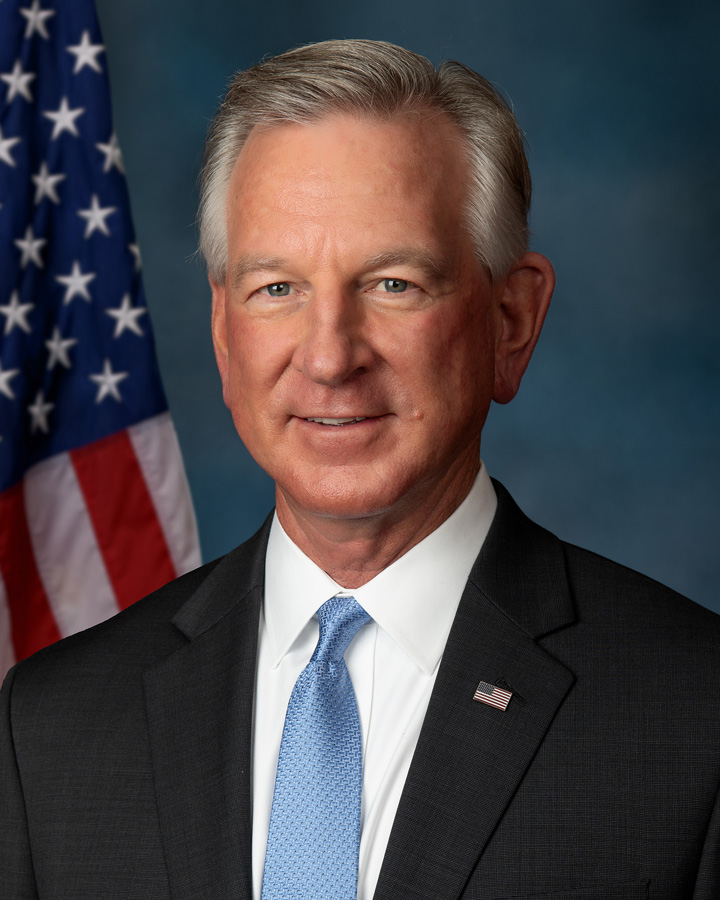The Alabama Museum of Natural History will celebrate Charles Darwin’s 205th birthday Wednesday with a day-long celebration of scientific advances.
Darwin Day will include evolution talks, poster presentations, a themed cake competition, trivia and a movie showing.
The event is presented by several organizations, including the UA Evolutionary Studies Club. Taylor Burbach, president of the club, said this year’s Darwin Day is a more accessible version of last year’s event because of the variety of fun and interactive elements.
(See also, “ALLELE lecture on literary Darwinism Thursday“)
“The Evolutionary Studies club hosted a Darwin Day colloquium last year as part of our effort to promote evolution education,” Burbach said. “This year we’ve tried to make the event more accessible to the general public.”
Students will present alongside faculty members and experts as part of Darwin Day. Sarah Duncan, president of UA Biology Graduate Assistants, said student presentations are just as important as presentations by experts in the field.
“Student participation is extremely important,” Duncan said. “To create a movement of science literacy in general, we need the next generation of science supporters to speak out and share their own knowledge to their peers.”
Charles Darwin was a well-known naturalist born in 1809. His many scientific theories, including evolution by natural selection, have contributed to discoveries in a variety of disciplines, including medicine, technology and biology.
Darwin’s work has not always been well recieved by the public. Many people refuted his theories when they were first published. Now, 155 years after the publication of his book “On the Origin of Species,” the debate over the validity of evolution and how it should be taught in public schools still rages on.
(See also, “Missouri’s debated law on evolution is completely absurd“)
Leslie Rissler, associate professor of biology and chair of the Evolution Working Group, said she has encountered some challenges while teaching evolution at a Southern school.
“The Bible Belt presents its own challenges because many students have not been taught evolution in the public schools,” Rissler said. “That means students enter college with much less knowledge than they should.”
According to the National Center for Science Education’s study of K-12 science standards across the United States, Alabama has a failing grade when it comes to science education. Rissler said Darwin Day is one small step in the long process to correct the state’s path.
“As an educator, I want that to change,” she said. “I want our students, and my children, to have access to the best education in the country. We do not have quality education without science, and evolution is very much a part of that.”
Darwin Day is free and open to the public. The first talk will be presented by Leslie Rissler at noon in Smith Hall.
(See also, “Program studies evolution, its importance to K-12 education“)








